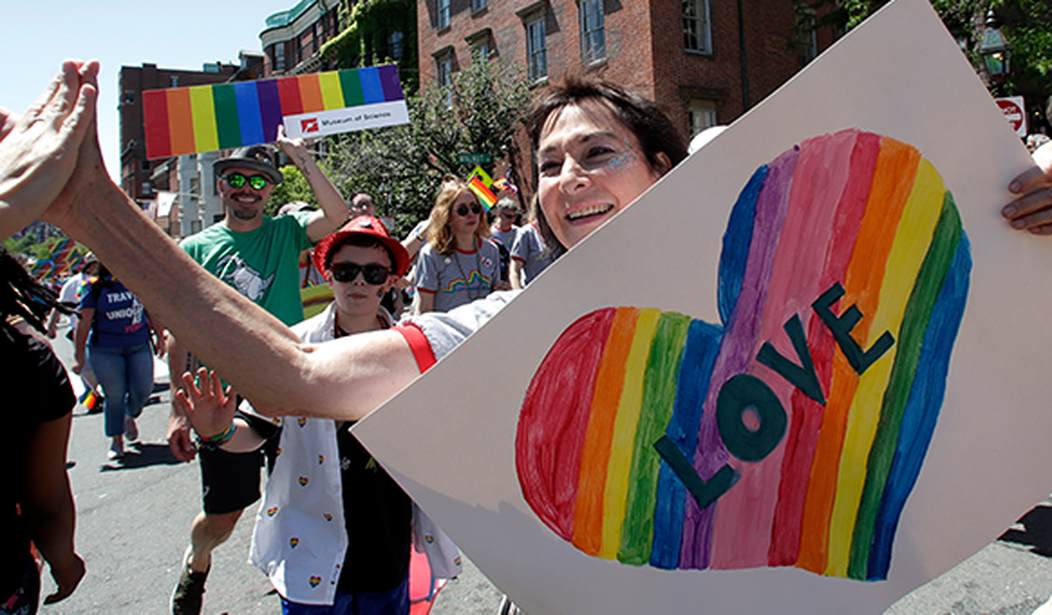At long last, religious freedom just scored a win deep in the heart of Texas. The Texas Supreme Court quietly amended the state’s judicial conduct code on October 24, declaring that judges who decline to perform a wedding ceremony based on “a sincerely held religious belief” are not violating judicial impartiality. In plain English: believing the Bible doesn’t make you unfit to be a judge. More on the decision here.
This small but powerful clarification in Canon 4 of the Texas Code of Judicial Conduct puts to rest a battle that has dragged on since 2015, when the Supreme Court’s Obergefell v. Hodges ruling legalized same-sex marriage nationwide. That decision forced countless Christian judges and justices of the peace into an impossible position: either violate their conscience or stop performing weddings altogether. Many, like Waco Justice of the Peace Dianne Hensley, chose to stand on faith.
Hensley became a lightning rod after deciding she could no longer, in good conscience, officiate same-sex weddings. Instead of condemning couples or causing a scene, she simply referred them to other officiants nearby. She treated everyone with respect, kept her faith intact, and continued doing her job. But the State Commission on Judicial Conduct didn’t see it that way. In 2019, they slapped her with a public warning, accusing her of showing bias. Because apparently, in the twisted logic of modern bureaucracy, conviction equals prejudice.
Supreme Court Hints That Colorado's Ban on Conversion Therapy Is Headed for the Dustbin of History
Watch: Winsome Sears' New Ad Skewers Abigail Spanberger for Her Radical Embrace of 'They/Them'
She didn’t take it lying down. With help from the First Liberty Institute, Hensley sued under the Texas Religious Freedom Restoration Act. Her case wound its way through the courts, becoming a rallying point for anyone tired of watching people of faith be punished for living out what they believe. The Texas Supreme Court eventually ruled that she could pursue her lawsuit, and now, years later, the court has gone even further by changing the very rule that sparked her ordeal.
The court’s updated comment makes it clear: a judge acting out of sincere religious conviction does not automatically violate the state’s impartiality rules. That single line may sound procedural, but it sends shockwaves through the culture war that has tried to turn personal faith into professional liability. It’s also a direct answer to concerns raised by another Texas judge, Brian Umphress of Jack County, who feared he’d face the same punishment as Hensley for refusing to officiate same-sex weddings. The federal courts punted the question back to Texas, and now the state’s highest bench has answered in no uncertain terms.
Let’s be honest: this ruling shouldn’t be controversial. In Texas, officiating a wedding isn’t even a required duty of a judge. They can choose to do it or not, and they often charge fees when they do. Yet somehow, the mere act of saying “no” to a same-sex wedding, politely, respectfully, and with referrals to other willing officiants, was enough to get Christian judges dragged through the mud. The irony is rich: tolerance for everyone, except those who actually live by their faith.
Chief Justice Jimmy Blacklock, who previously defended Hensley’s right to her beliefs, summed it up best in a past opinion:
“Judge Hensley treated them respectfully. They got married nearby. They went about their lives. Judge Hensley went back to work, her Christian conscience clean, her knees bent only to her God. Sounds like a win-win.”
Exactly. That’s how adults handle differences in a free country. But too often, “freedom of religion” has been twisted into “freedom from religion,” a weapon used to shame believers into silence. The new Texas ruling restores a bit of sanity. It reminds us that serving the public and serving God are not mutually exclusive.
Predictably, critics are "in utter shock and disbelief," warning that this opens the door to discrimination. That’s nonsense. No one is being denied the right to marry. No one is being dragged back into the Dark Ages. What it does mean is that the state won’t punish a person of faith simply for declining to play a role in something they can’t endorse before God. There’s still a line between government neutrality and government coercion, and for once, Texas drew it in the right place.
Religious freedom isn’t a partisan cause. It’s the cornerstone of the very liberties progressives claim to defend. It protects the atheist as much as the Baptist. It guarantees that conscience belongs to the individual, not the state. And it reminds the rest of us that true diversity includes moral diversity too.
For believers across the country, this is more than a legal technicality. It’s a sigh of relief. It’s confirmation that faith still has a place in public life. And it’s a message to every judge, teacher, business owner, or public servant who’s been told to keep their beliefs quiet: stand firm. The Constitution, and at least one state supreme court, still has your back.
Freedom of religion doesn’t stop when you put on a robe. In Texas, at least, it looks like that truth is finally back on the books.
Editor’s Note: Every single day, here at RedState, we will stand up and FIGHT, FIGHT, FIGHT against the radical left and deliver the conservative reporting our readers deserve.
Help us continue to tell the truth about the Trump administration and its successes. Join RedState VIP and use promo code FIGHT to get 60% off your membership.















Join the conversation as a VIP Member